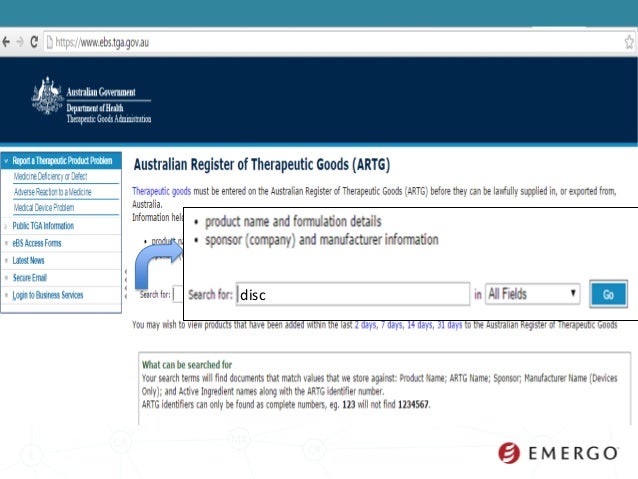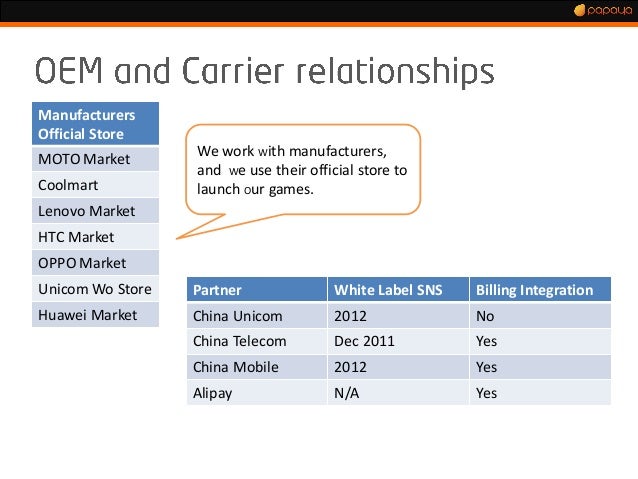

The sources declined to be identified as the information has not yet been made public. The book closed one day earlier than planned on Wednesday, one of the three sources and a separate person said. It had planned to sell 10.8 million shares between $17.50 and $19.50 each. and make it more difficult to raise funds overseas," he said.īacked by Alibaba Health Information Technology Ltd (0241.HK), LinkDoc filed for its IPO last month and was due to price its shares after the U.S. "The new rules may impose long waiting periods on any companies hoping to list abroad which will hit investor sentiment, depress valuations for IPOs in the U.S. listing, they may have to wait for further clarification, stricter scrutiny and pre-approval from different regulators and authorities," said Bruce Pang, macro & strategy research head at China Renaissance Securities. Just one day later, the government announced that the “Didi Chuxing” app had been removed from digital stores due to alleged illegal collection and use of personal information.LinkDoc's decision to suspend its $211 million IPO, first reported by Reuters, is likely to be followed by others, analysts said, although they noted that U.S. However, less than 48 hours after its listing, Didi was reviewed by Chinese authorities on the grounds of preventing national data security risks and safeguarding public interests. The ride-hailing firm’s IPO price was set at $14 per share, raising at least $4.4 billion, and closed up 15.98% to reach $16.4 the next day, with a market value of $78.6 billion.

Pandaily previously reported that Didi was officially listed on the NYSE on the evening of June 30, under ticker symbol “DIDI”. The platform currently boasts more than 400 million registered users.
SOURCES CHINABASED KEEP LINKDOC US IPOTIMES PROFESSIONAL
Ximalaya, or Xima FM, is a professional audio sharing platform used widely in China, which provides consumers with best-selling international audio books, English courses taught by world-renowned professors, Chinese courses for industry experts, and more. Keep is a fitness app with various social networking attributes, and has amassed more than 200 million users.

SEE ALSO: Didi’s Mini Programs Removed from WeChat and Alipay, Affecting Its Business Prior to this, on June 11 government officials tested the collection and use of personal information by a range of widely-used apps,notifying 129 of them, including Keep, of their illegal harvesting and use of user data. The developments have already had a strong impact on other companies preparing to list publicly in the United States. In July, 2021, Chinese authorities issued a circular calling for the removal of the “Didi Chuxing” app, then carried out network security reviews on “Yunmanman,” “Huochebang” and “BOSS Zhipin” to ensure accordance with the law. Each ADS is equivalent to four common shares, with the issue price ranging from $17.5 to $19.5.Īccording to CareerIn, citing people familiar with the matter, in the future overseas listings of Chinese companies, including offshore entities, will increasingly be brought under the supervision of China Securities Regulatory Commission. Pandaily previously reported that LinkDoc had originally prepared to list on the Nasdaq on July 9, under ticker symbol “LDOC,” where it planned to issue 10.8 million American Depository Shares (ADS).

At the end of the month, IFR reported that Keep, supported by SoftBank and Tencent, also intended to go to the United States for an IPO, raising $500 million. On May 12, LinkDoc was reported to be planning an IPO, cooperating with Bank of America, CICC and Morgan Stanley, possibly raising about $500 million in the process. On May 1, Ximalaya submitted an IPO application to the SEC, with Goldman Sachs, Morgan Stanley, Bank of America and CICC acting as joint underwriters. On the same day, Reuters reported that LinkDoc, a Chinese medical technology company, had also shelved its IPO plan. The Financial Times reported on Thursday that Keep, a Chinese sports-oriented social platform, and Ximalaya, the largest podcast platform in China, have both cancelled previous IPO plans in the United States during recent weeks.


 0 kommentar(er)
0 kommentar(er)
